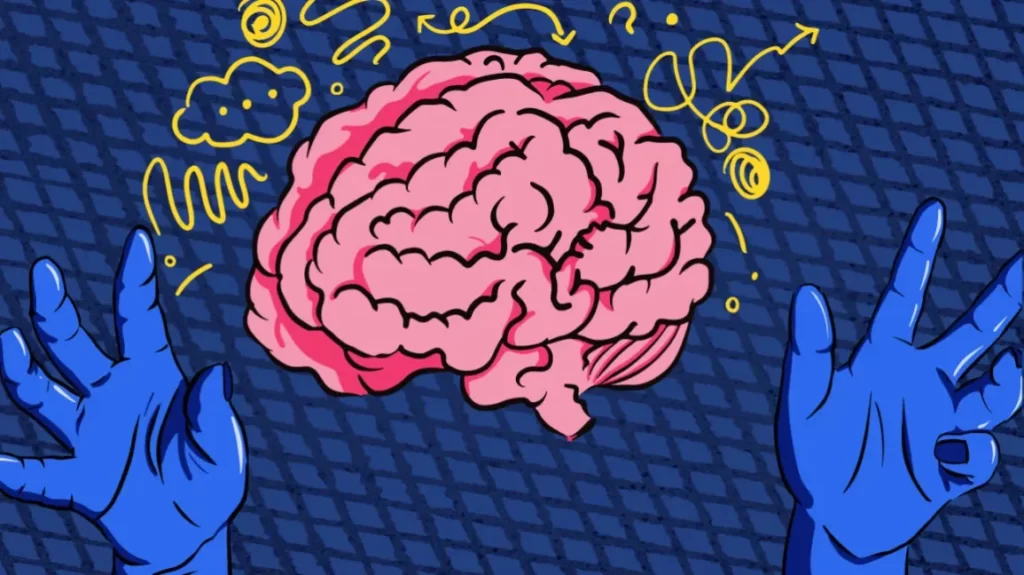
Anxiety is a natural human response to stress or perceived danger, but for some individuals, it can become overwhelming and interfere with daily life. Anxiety disorders are the most common mental health issue, affecting millions of people worldwide. This blog post will explore the possible causes of anxiety, how it is diagnosed, available treatments, general advice, and support resources for those struggling with anxiety.
Possible Causes
Anxiety can be triggered by a variety of factors, including:
- Genetic predisposition: A family history of anxiety or other mental health disorders can increase the likelihood of developing anxiety.
- Brain chemistry: Imbalances in neurotransmitters, such as serotonin and norepinephrine, can contribute to anxiety symptoms.
- Environmental factors: Stressful life events, trauma, or childhood abuse can lead to anxiety disorders.
- Personality traits: Individuals with certain personality types, such as perfectionists or those with low self-esteem, may be more prone to anxiety.
- Medical conditions: Some physical health issues, like thyroid problems or heart arrhythmias, can cause anxiety-like symptoms.
Diagnosis
Anxiety can be challenging to diagnose, as its symptoms can mimic other medical conditions. A mental health professional, such as a psychologist or psychiatrist, will typically conduct a thorough evaluation, including a detailed personal and medical history. They may also use standardized questionnaires or interviews to assess the severity and frequency of anxiety symptoms.
Treatments
There are various treatments available for anxiety, and a combination of approaches is often most effective:
- Psychotherapy: Cognitive-behavioral therapy (CBT) is a proven treatment that helps individuals identify and change negative thought patterns and behaviors related to anxiety.
- Medication: Antidepressants, such as selective serotonin reuptake inhibitors (SSRIs), and anti-anxiety medications, like benzodiazepines, can help manage anxiety symptoms.
- Lifestyle changes: Regular exercise, a balanced diet, and good sleep hygiene can significantly impact anxiety levels.
- Relaxation techniques: Deep breathing exercises, progressive muscle relaxation, and mindfulness meditation can help reduce anxiety symptoms.
- Support groups: Participating in support groups can provide individuals with a safe space to share experiences and coping strategies.
General Advice about Anxiety
- Recognize and accept your anxiety: Acknowledging your anxiety is the first step towards managing it effectively.
- Break the worry cycle: Set aside a specific time each day for worrying and focus on problem-solving during that period.
- Stay connected: Reach out to friends, family, or support groups to share your feelings and gain new perspectives.
- Limit exposure to stressors: Reduce exposure to news and social media that may trigger anxiety and focus on engaging in positive activities instead.
- Seek professional help: If your anxiety is significantly impacting your daily life, don’t hesitate to consult a mental health professional.
Support Websites and Resources
- Anxiety and Depression Association of America (ADAA): https://adaa.org/
- National Institute of Mental Health (NIMH): https://www.nimh.nih.gov/
- Mental Health America (MHA): https://www.mhanational.org/
- Mind (UK-based): https://www.mind.org.uk/
- Beyond Blue (Australia-based): https://www.beyondblue.org.au/
Conclusion
Anxiety is a common mental health issue that can have various causes and impact individuals differently. It is crucial to recognize and accept your anxiety, seek appropriate treatment, and utilize available support resources. Remember, you are not alone, and with the right tools and strategies, it is possible to manage anxiety and lead a fulfilling life.




